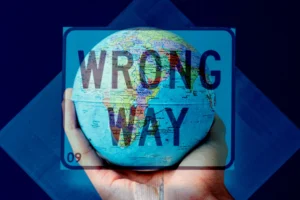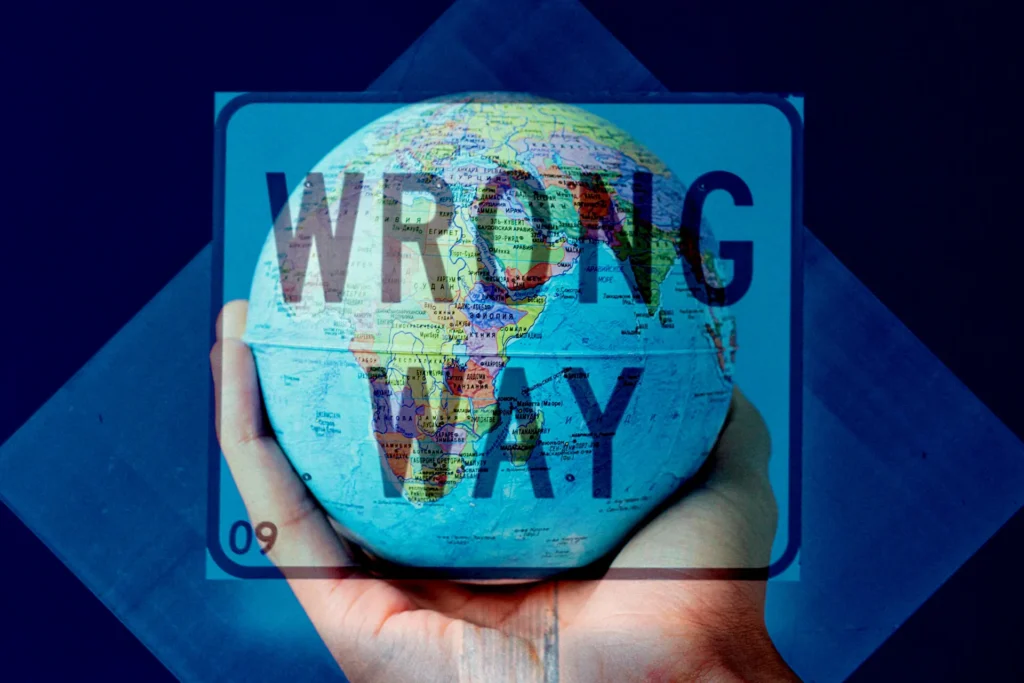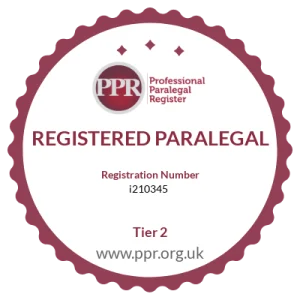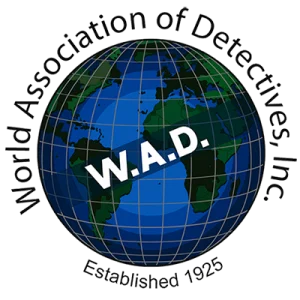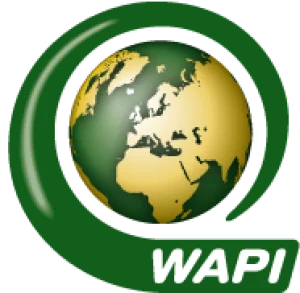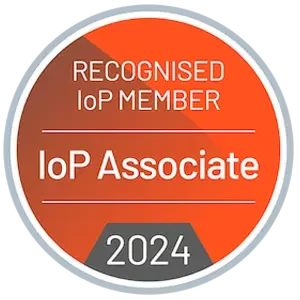Exploring countries that are signatories the Hague Service Convention but have not joined the Hague Evidence Convention — and what that means for international litigation.
International litigation often involves more than just serving legal documents—it frequently requires gathering evidence across borders. To streamline these processes, the Hague Conference on Private International Law (HCCH) established two important treaties: the Hague Service Convention (1965) and the Hague Evidence Convention (1970).
Although they are both designed to simplify international judicial cooperation, these two conventions operate independently. While some countries are parties to both, others only signed one or neither. In this article, we will focus on countries that participate in the Hague Service Convention but not in the Hague Evidence Convention, and explore what that means for international litigants.
Hague Service vs. Hague Evidence Convention: Key Differences
Purpose and Function
-
Hague Service Convention (1965)
Facilitates the service of judicial and extrajudicial documents abroad in civil or commercial matters. It provides a structured mechanism for serving legal papers, ensuring they are delivered in a manner acceptable to both sending and receiving jurisdictions. -
Hague Evidence Convention (1970)
Designed to assist with the taking of evidence (such as witness testimony, interrogatories, or document production) between nations involved in cross-border legal disputes. It creates procedures for obtaining evidence abroad without violating national sovereignty or procedural rules.
Legal Mechanisms
-
The Service Convention uses designated Central Authorities in each country to forward documents, and allows for alternative channels depending on declarations made by each member.
-
The Evidence Convention authorizes judicial requests (letters of request) from one country to another, requesting the taking of evidence under the receiving country’s legal framework.
Why They’re Separate
Although both conventions aim to reduce procedural barriers in cross-border civil cases, they deal with fundamentally different legal stages:
-
Service of Process is the first procedural step in notifying a party.
-
Evidence Taking occurs later in the litigation process.
Legal systems worldwide treat service and evidence collection differently. Combining them would have risked legal inconsistencies and reduced adoption. By creating two standalone instruments, the HCCH enabled nations to selectively participate based on their legal systems and international policies.
Countries in the Hague Service Convention but Not the Evidence Convention
Some countries have agreed to the standardized service procedures offered by the Hague Service Convention but have chosen not to join the Hague Evidence Convention. Below are three key examples and what it means for litigants:
1. Brazil
Brazil is a party to the Hague Service Convention but not to the Evidence Convention.
Implications:
-
You can serve documents through Brazil’s Central Authority under the Service Convention framework.
-
However, if you need to compel witness testimony or obtain discovery documents located in Brazil, you cannot use the streamlined Evidence Convention.
Solution:
The U.S. or any other foreign litigant must rely on Letters Rogatory, a slower and more complex judicial communication between courts of two countries through diplomatic channels.
2. Canada
Canada has fully adopted the Hague Service Convention, but has not signed the Hague Evidence Convention.
Implications:
-
Legal professionals can use Central Authorities in Canada’s provinces to serve documents.
-
However, taking depositions or obtaining physical or electronic evidence for use in foreign courts will require different procedures.
Solution:
Evidence requests must go through Letters Rogatory, which must be approved by a Canadian court before evidence can be legally taken. The entire process could take several months, depending on court availability and legal complexity.
3. Japan
Japan also adheres to the Hague Service Convention but is not a party to the Evidence Convention.
Implications:
-
Service of documents is relatively straightforward via Japan’s Central Authority.
-
Collecting evidence, including documents or witness testimony, becomes much more challenging.
Solution:
Japan requires strict compliance with Letters Rogatory procedures, and courts are highly protective of their sovereignty. Discovery practices considered routine in common law jurisdictions may be prohibited or limited in Japan.
Need help navigating complex international service and evidence procedures? Contact Stellar Konsulting today for expert guidance and reliable support. Call us at +1 (213) 786 1161 or email operations@stellarkonsulting.com to get started.
Letters Rogatory: A Traditional but Slower Alternative
When a country is not a party to the Hague Evidence Convention, Letters Rogatory are often the only available tool for gathering evidence abroad.
What Are Letters Rogatory?
Letters Rogatory are formal requests from a court in one country to a court in another, asking for judicial assistance in performing a specific act, such as taking testimony or collecting documents. This method:
-
Requires translation and legalization of documents.
-
Must be transmitted through diplomatic channels (e.g., foreign ministries or embassies).
-
Can take 6–12 months or more to fulfill.
When to Use Letters Rogatory
-
When the country is not a signatory to the Hague Evidence Convention.
-
When the specific type of evidence needed falls outside the scope of bilateral treaties.
-
When local laws prohibit direct involvement by foreign attorneys or parties.
Letters Rogatory / Letters of Request
-
Letters Rogatory:
A formal request from a court in one country to a court in another for judicial assistance (typically gathering evidence). Used when no treaty exists between the countries or when not using a treaty-based process. -
Letters of Request:
Hague Evidence Convention is an international treaty that formalizes and simplifies the process of requesting and obtaining evidence abroad. It introduces Letters of Request, which are similar in purpose to Letters Rogatory but operate under the treaty’s rules.
Discovery and E-Discovery in International Contexts
What is Discovery?
Discovery is the pre-trial phase in a legal proceeding where parties exchange evidence relevant to the dispute. It includes:
-
Interrogatories (written questions)
-
Depositions (oral testimony under oath)
-
Requests for Production (documents, emails, etc.)
-
Admissions (agreeing to facts to narrow the dispute)
What is E-Discovery?
E-discovery (electronic discovery) focuses on the identification, collection, and review of digital information, such as:
-
Emails
-
Metadata
-
Chat logs
-
Cloud storage
-
Hard drives or mobile devices
In countries not part of the Hague Evidence Convention, foreign litigants must ensure compliance with local privacy, data protection, and civil procedure laws—especially when collecting electronic evidence. For example:
-
Japan has stringent privacy laws that restrict data sharing.
-
Brazil’s LGPD (General Data Protection Law) governs how electronic records can be handled or exported.
Common Types of Evidence Requested in Cross-Border Litigation
Whether using the Hague Evidence Convention or Letters Rogatory, the types of evidence requested often include:
-
Corporate records (shareholder lists, board minutes)
-
Financial documents (bank statements, tax records)
-
Employment files
-
Medical records (with proper authorization)
-
Contracts and commercial agreements
-
Emails and internal communications
-
Witness depositions or written statements
Each type may be subject to national rules governing admissibility, privacy, and confidentiality, especially when dealing with sensitive or privileged materials.
Why You Need a Professional Process Service Company
Navigating international service and evidence collection is not a do-it-yourself task. Countries that are not parties to the Hague Evidence Convention pose unique challenges that require experience, precision, and legal knowledge.
What Can Go Wrong?
-
Incorrect translation or formatting of Letters Rogatory
-
Misdelivery of legal documents resulting in case delays or dismissal
-
Rejection of discovery requests by foreign courts due to procedural issues
-
Violation of privacy or data protection laws
-
Non-recognition of improperly obtained evidence
The Stellar Konsulting Advantage
At Stellar Konsulting, we’ve helped law firms, corporations, and private individuals successfully serve documents and obtain evidence in over 80 countries, including non-Hague Evidence Convention jurisdictions like Brazil, Canada, and Japan.
Our international legal network ensures:
-
Proper handling of Letters Rogatory
-
Reliable translation and legalization services
-
Fast, trackable, and legally compliant document service
We understand the intricacies of foreign legal systems—and we help you stay compliant, efficient, and focused on your case strategy.
Choose the Right Path for International Litigation
While the Hague Service Convention and Hague Evidence Convention serve similar goals of international cooperation, they are legally and procedurally distinct. Not all countries are parties to both, and that creates real consequences for international litigants.
If you’re dealing with a country like Brazil, Canada, or Japan, where evidence must be obtained through traditional Letters Rogatory or local counsel, it’s critical to get it right the first time. The cost of error is too high.
For a complete and up-to-date list of countries that are signatories to the Hague Service Convention but not to the Hague Evidence Convention, feel free to contact Stellar Konsulting for assistance.
Need Help Serving Documents?
Call Stellar Konsulting at +1 (213) 786 1161 or email us at operations@stellarkonsulting.com for an obligation-free quote covering the timelines, options and costs for international service of process. We’re here to help you succeed in cross-border litigation—professionally, efficiently, and lawfully.




